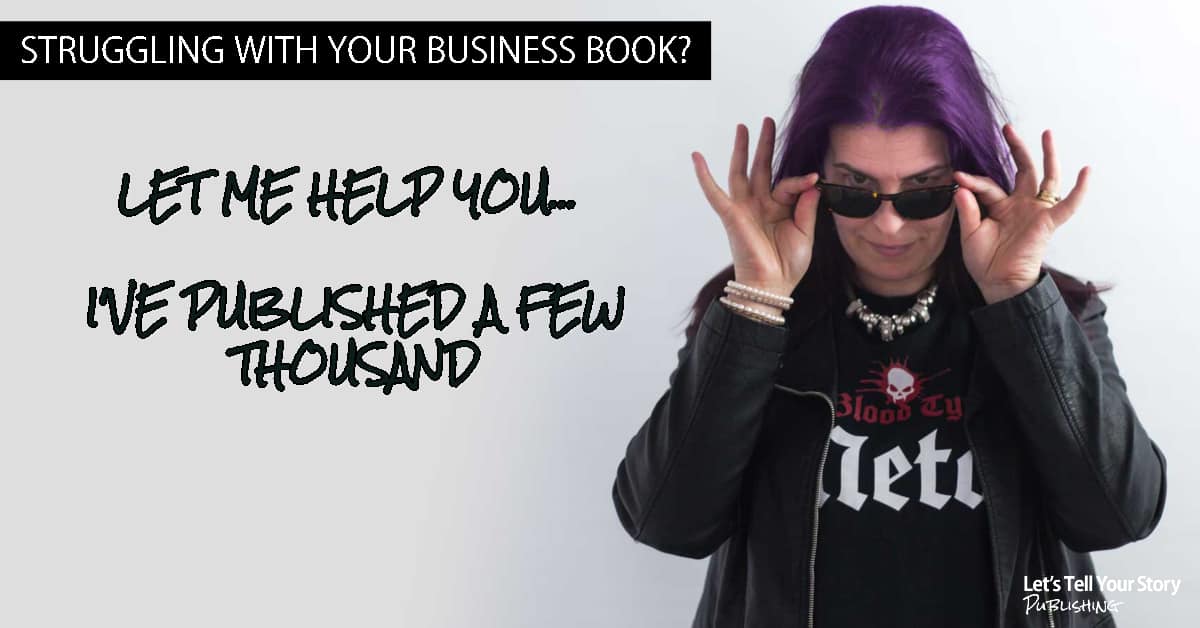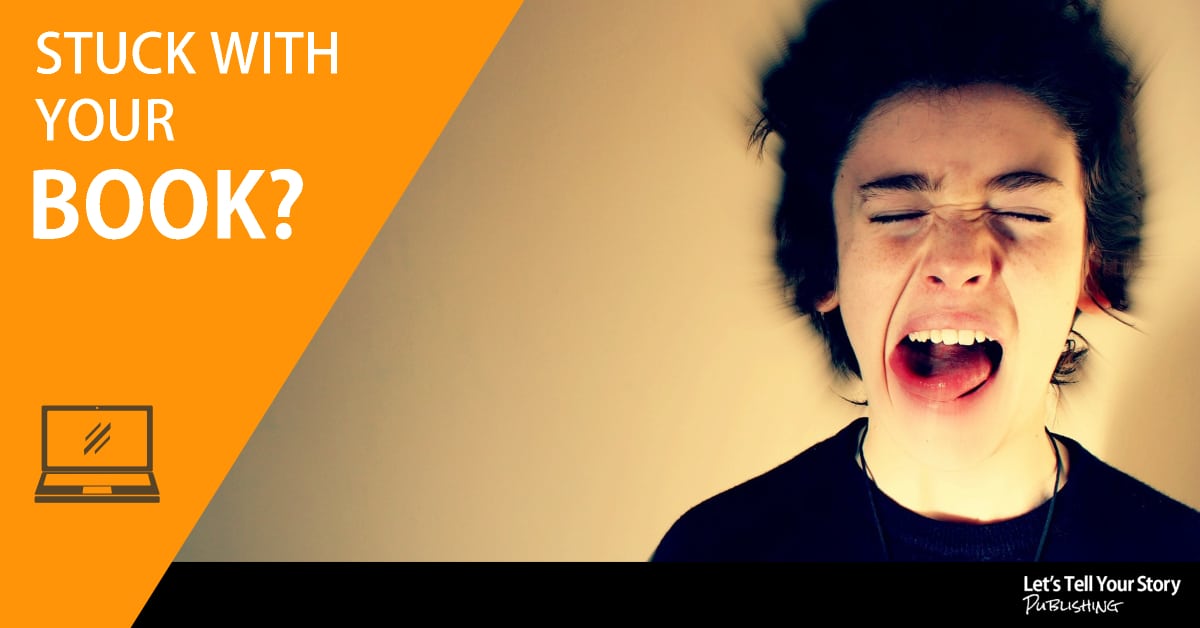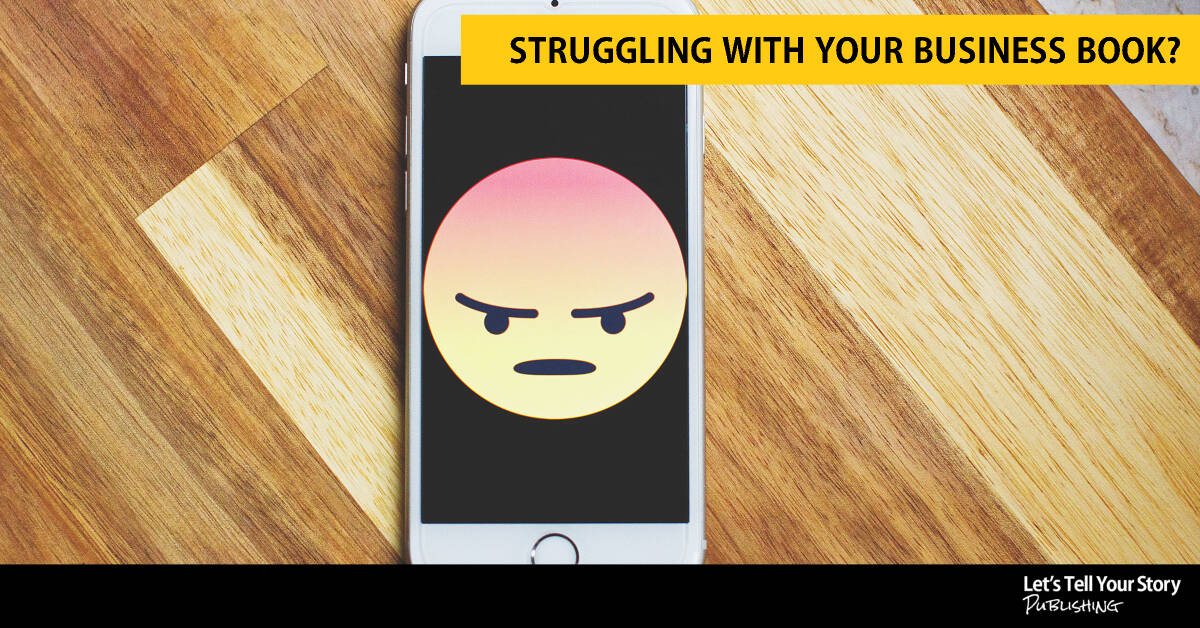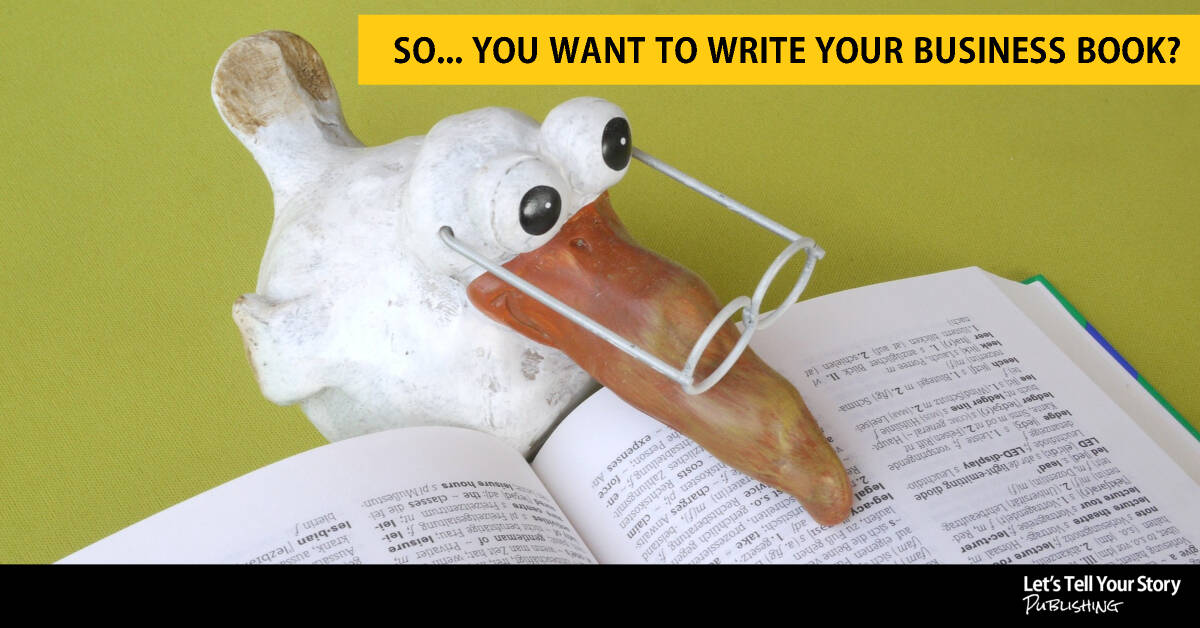
by Mitali | 1 - Research, 2 - Planning, 3 - Formatting, 4 - Writing, 5 - Reviewing, 6 - Editing & proofing
Which is better? Taking your time or “just get it out there.” Here’s a quick thought on the just get it out there mentality. I rail against that with a passion. I hate just get it out there. Why? Well, I sort of don’t in a way, because there...

by Colette Mason | 5 - Reviewing, 6 - Editing & proofing
Tip 1 – don’t start too soon Don’t start line-editing until your book is stable. If you’re still deleting paragraphs, moving chunks about, or deleting sentences, it’s too early. Wait. Tip 2 – look for 1 type of mistake at a time If you try to find...

by Colette Mason | 5 - Reviewing, 6 - Editing & proofing
Fact checking Let’s think about fact checking. (The good news is this is something you will be familiar with, even if you worry about your written English – #Hooray!) Fact checking is when your line editing is simply making sure your facts are correct. Incorrect facts...

by Colette Mason | 5 - Reviewing, 6 - Editing & proofing
Why does line editing matter Just like content editing (where you check your writing is logical, clear and concise), line editing also improves the quality of your book, albeit in a slightly different way. It is sometimes called “copy editing”. I prefer line editing,...

by Colette Mason | 5 - Reviewing, 6 - Editing & proofing
Here are 7 things to consider when self-editing and proofreading your own book. Whether you need to do it all yourself, or check someone else’s work, here are some tips to make it easier. 1. Checking your book origination (formatting) before you pass it on Good...

by Colette Mason | 1 - Research, 2 - Planning, 4 - Writing, 5 - Reviewing, 6 - Editing & proofing, 7 - Promotion
Let’s have a quick recap The “define” process is your research and discovery phase where you work out a book topic that will interest you and benefit your readers how to add in your personality and teaching style to good effect what readers need to know...








